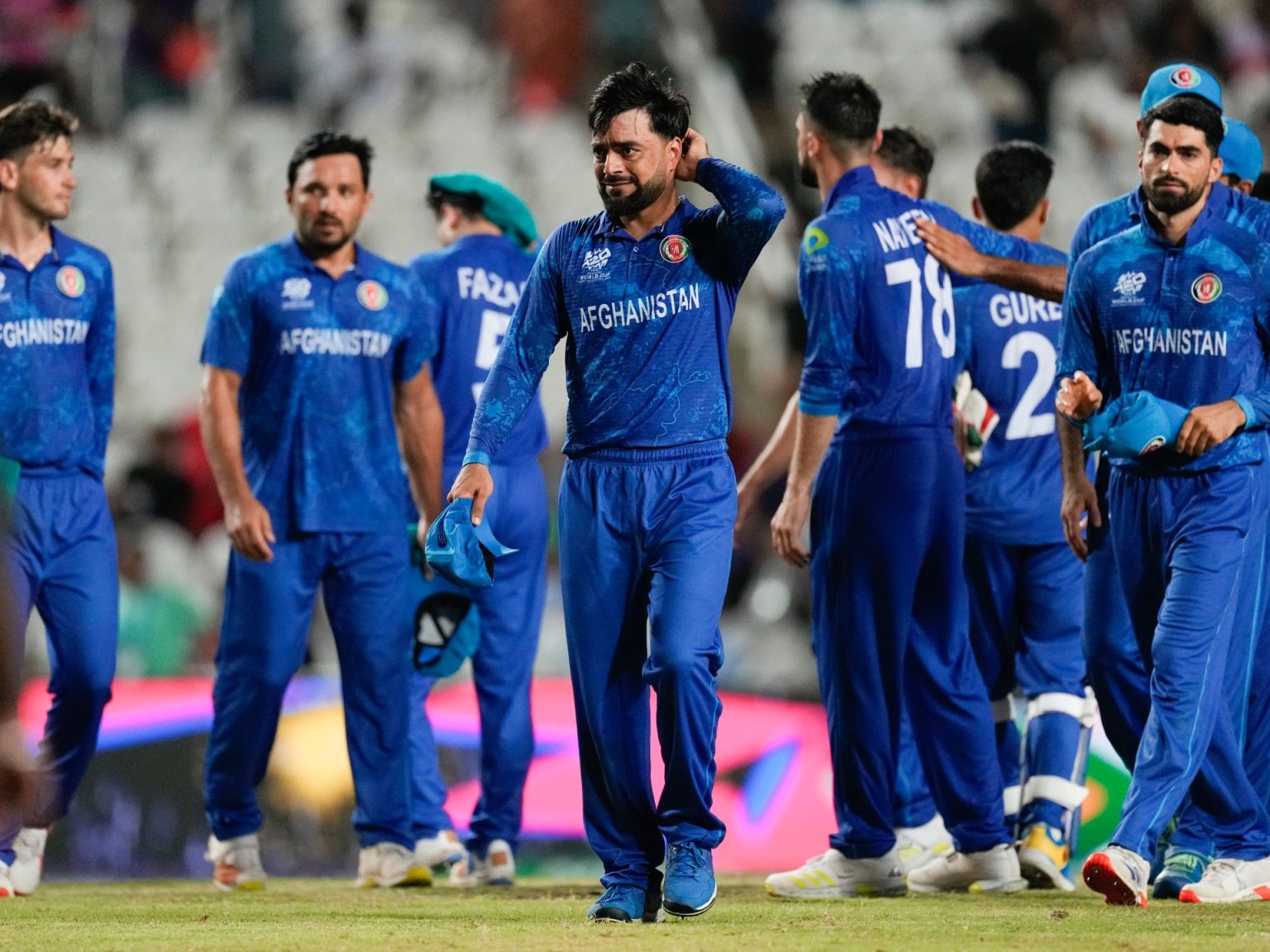The cricketing world faces a moral dilemma as pressure mounts to boycott Afghanistan’s participation in the upcoming ICC Champions Trophy in Pakistan. South Africa’s Sports Minister, Gayton McKenzie, has thrown his support behind the calls for a boycott, echoing concerns raised by British politicians. McKenzie argues that participating in matches against Afghanistan would send a detrimental message to the global community, particularly to women in sports, given the Taliban government’s restrictive policies on women’s rights. While acknowledging that the final decision rests with Cricket South Africa, McKenzie expressed his strong personal opposition to playing against Afghanistan, drawing parallels between the current situation and the historical denial of sporting opportunities to black South Africans during apartheid. He emphasizes the hypocrisy of ignoring the current restrictions on women’s rights while condemning similar discriminatory practices in the past.
The central issue revolves around the Taliban’s crackdown on women’s rights since regaining control in August 2021, which has included restrictions on their access to education, employment, and public life. Critics argue that playing against Afghanistan effectively normalizes the Taliban’s actions and undermines efforts to promote gender equality in sports. This stance has garnered significant support, with over 160 British politicians signing a letter urging the England and Wales Cricket Board (ECB) to boycott their fixture against Afghanistan. Both England and South Africa are in the same group as Afghanistan at the Champions Trophy, facing matches against the South Asian nation in late February.
South Africa’s scheduled opener against Afghanistan in Karachi on February 21st has become a focal point of the debate. McKenzie directly called on Cricket South Africa to reconsider their participation in this fixture. He underscored the importance of upholding principles of equality and access to sport, regardless of gender or background. McKenzie’s stance reflects a growing sentiment that sporting bodies have a responsibility to consider the broader human rights implications of their decisions, especially when engaging with countries where such rights are under threat.
The ECB, facing similar pressure from British politicians, has called for a unified approach from all ICC member nations regarding Afghanistan’s participation in international cricket. This call reflects the complexity of the situation and the need for a consistent policy across the cricketing world. Without a collective stance, individual nations risk facing accusations of hypocrisy or inconsistency. The call for a uniform approach aims to avoid a fragmented response and ensure that the cricketing community sends a clear and consistent message.
Australia, the other team scheduled to face Afghanistan in Lahore on February 28th, further complicates the issue. While Cricket Australia postponed a bilateral series against Afghanistan last year citing human rights concerns, they subsequently played against them in both the T20 World Cup and the ODI World Cup. This seeming discrepancy has led to accusations of hypocrisy, with critics questioning the consistency of Cricket Australia’s stance. However, Cricket Australia chairman Mike Baird defended their position, emphasizing their commitment to upholding human rights principles while also engaging with Afghanistan on the international cricketing stage.
This multifaceted situation highlights the difficult balance between sporting competition and ethical considerations. The ICC Champions Trophy has become a battleground for these competing interests, with strong arguments being made on both sides. The ultimate decision regarding participation will not only impact the tournament itself but also send a powerful message about the role of sports in upholding human rights and promoting gender equality. The pressure on cricket governing bodies to take a principled stance is immense, with the potential consequences extending far beyond the cricket field.

